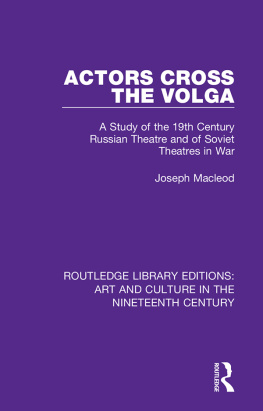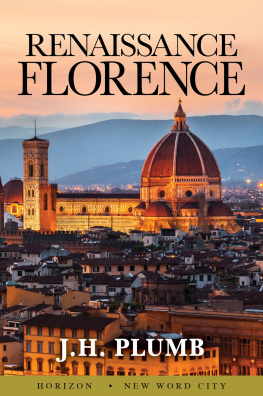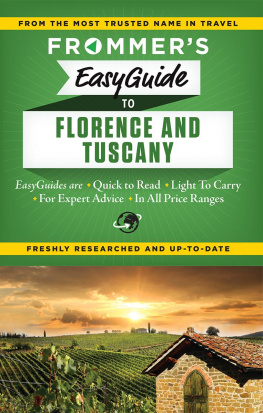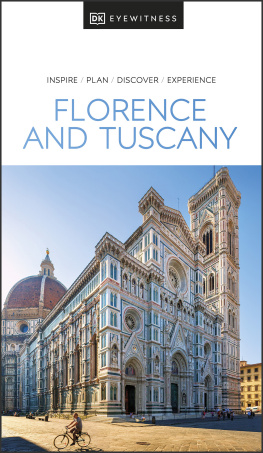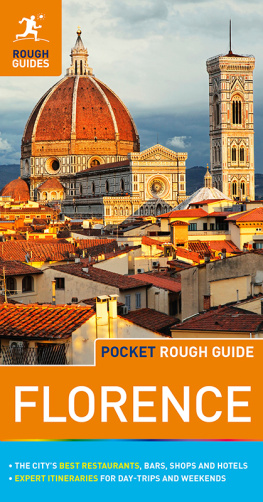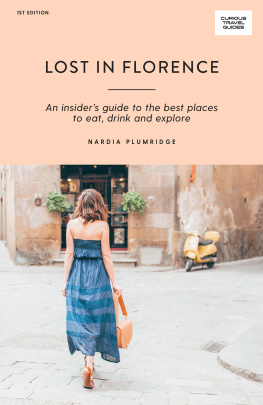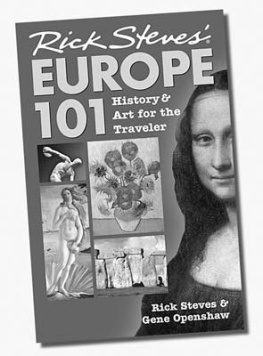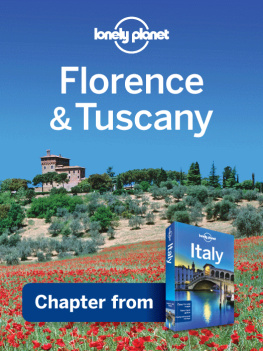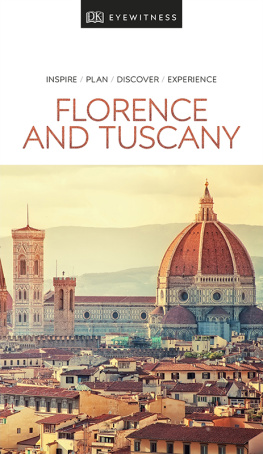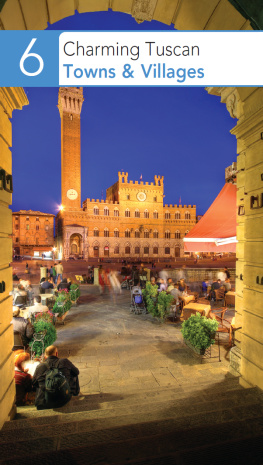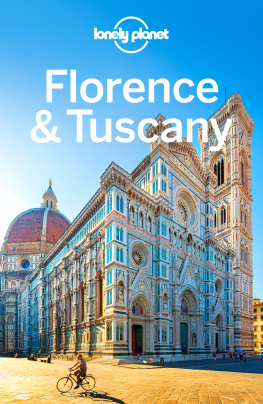Routledge Revivals
People of Florence
First Published in 1968, People of Florence raises the question what makes a city? This is neither a guidebook nor a typical sociological treatise, but the portrait of a people. Trinkets of history are lightly painted in to give background to what the author calls locality: Florence of today as formed by her past and by the physical conditions of Tuscany. Two principal chapters are intimately concerned with the flood of 1966. The author also takes us through the relation between the individual liberties in Florence and the bureaucratic controls of the Government in Rome, along with the architecture, art, music, theatre, song birds, flowers, trees, food and drink, public ceremonies, games, ancient rites, and human stories. This book will be an interesting read for scholars and researchers of sociology, urban history, social anthropology, cultural studies and for general readers interested to know about Florence.
People of Florence
A Study in Locality
by Joseph Macleod
First published in Great Britain in 1968
by George Allen & Unwin Ltd.
This edition first published in 2021 by Routledge
2 Park Square, Milton Park, Abingdon, Oxon, OX14 4RN
and by Routledge
605 Third Avenue, New York, NY 10017
Routledge is an imprint of the Taylor & Francis Group, an informa business
George Allen & Unwin 1968
All rights reserved. No part of this book may be reprinted or reproduced or utilised in any form or by any electronic, mechanical, or other means, now known or hereafter invented, including photocopying and recording, or in any information storage or retrieval system, without permission in writing from the publishers.
Publishers Note
The publisher has gone to great lengths to ensure the quality of this reprint but points out that some imperfections in the original copies may be apparent.
Disclaimer
The publisher has made every effort to trace copyright holders and welcomes correspondence from those they have been unable to contact.
A Library of Congress record exists under LCCN: 68110071
ISBN 13: 978-1-032-13328-7 (hbk)
ISBN 13: 978-1-003-22869-1 (ebk)
ISBN 13: 978-1-032-13329-4 (pbk)
DOI: 10.4324/9781003228691
People of Florence
A STUDY IN LOCALITY

JOSEPH MACLEOD
Peoples will not die;
The tail curls stronger when you lop the head.
They writhe at every wound, and multiply.
Elizabeth Barrett Browning
FIRST PUBLISHED IN 1968
This book is copyright under the Berne Convention. Apart from any fair dealing for the purposes of private study, research, criticism or review, as permitted under the Copyright Act, 1956, no portion may be reproduced by any process without written permission. Enquiries should be addressed to the publisher.
George Allen & Unwin Ltd, 1968
PRINTED IN GREAT BRITAIN
in 12/13 pt Bembo type
BY UNWIN BROTHERS LIMITED
WOKING AND LONDON
To Maresa
for her knowledge of others
and to Tessa
for her knowledge of us
One of the most interesting and often revealing aspects of other people is why they are where they are. In some cases it is where the work is; in others it can be from sentimental attachment, circles of friends, reluctance to move, or hope, or despair.
In this book I have tried to indicate or to imply, without writing autobiographically, how a casual visitor to Florence can become a resident imperceptibly and almost unawares. I hoped not to romanticise a city too easily raptured about. Perhaps I have not given enough of the picturesque or immediately attractive.
The main chapters are interleaved with short sketches which usually have a bearing on what has gone before. The last three main chapters are somewhat polemical. They grew so from the facts, not from any theory. But a writer on a subject near to his heart can be forgiven for sounding an alarum.
Naturally I hope this considered account of the people of Florence will encourage readers to go and meet them, indeed to live among them, who might not otherwise do so. But my purpose has been not propaganda but an accurate impression of the actual people.
I have put at the end a list of books from which I have drawn special information or ideas. In this kind of book a scholarly apparatus criticus would be out of place, even in the compiled chapter on theatre history.
A small part of the text has been published in articles for The Times and The Spectator. I am grateful for permission to incorporate this.
Florence, august 1967
CONTENTS

This begins with the dead because the whole was to be a new life.
Where do we go? I asked, as she settled her new self into the maroon Alvis. I would have driven to the moon in such company.
Florence she said. So we left Rome, as hundreds of young men in wigs on the Grand Tour had arrived there, by the Porta del Popolo.
Rome is what Italians call a civetta, the little owl athene noctua, which they say calls Tutto mio! Tutto mio! Which is to say that Rome is a flirt, who wants everybody and in her own way. She usually gets them.
On earlier visits, however, I had found her grandiose, illustrious, but dead. She receives, I thought, into the recesses of her ruins, but never gives out of them. Then, overnight, she played with me. Dead? Grandiose? whispered the Temple of Vesta. The Forums laid-on a daffodil knocking at a fallen pillar, and a sunset which splashed the top tiered arches of the Colosseum blood-red as I entered the no longer bloodstained arena of the gladiators.
Cities can talk as animals and trees talk; and in much the same way. Out of her immensity Rome spoke to me with small voices for almost a year after that, whether I was in her or away from her. Especially when in her, in the crooked pavementless lanes west of the Piazza di Spagna near the Via della Scrofa: to me, munching piquant pasta allaMatriciana1 alone in trattoras: to a visitor, tied and waiting to live.
The tie and the waiting ended with this drive to Florence, through glens as soft as Perthshire. Florence, on my way south, I had deliberately avoided: a place where Dante met Beatrice by a victorian Arno (picture postcard of my youth), interesting only to learned connoisseurs of art, and filled with prototypes of bank buildings. In any case I was then coming not to Italy but to Rome.


